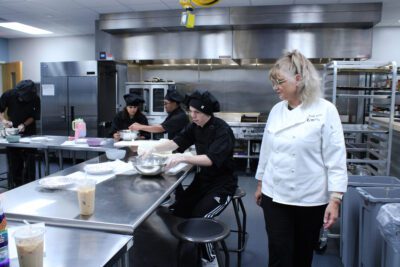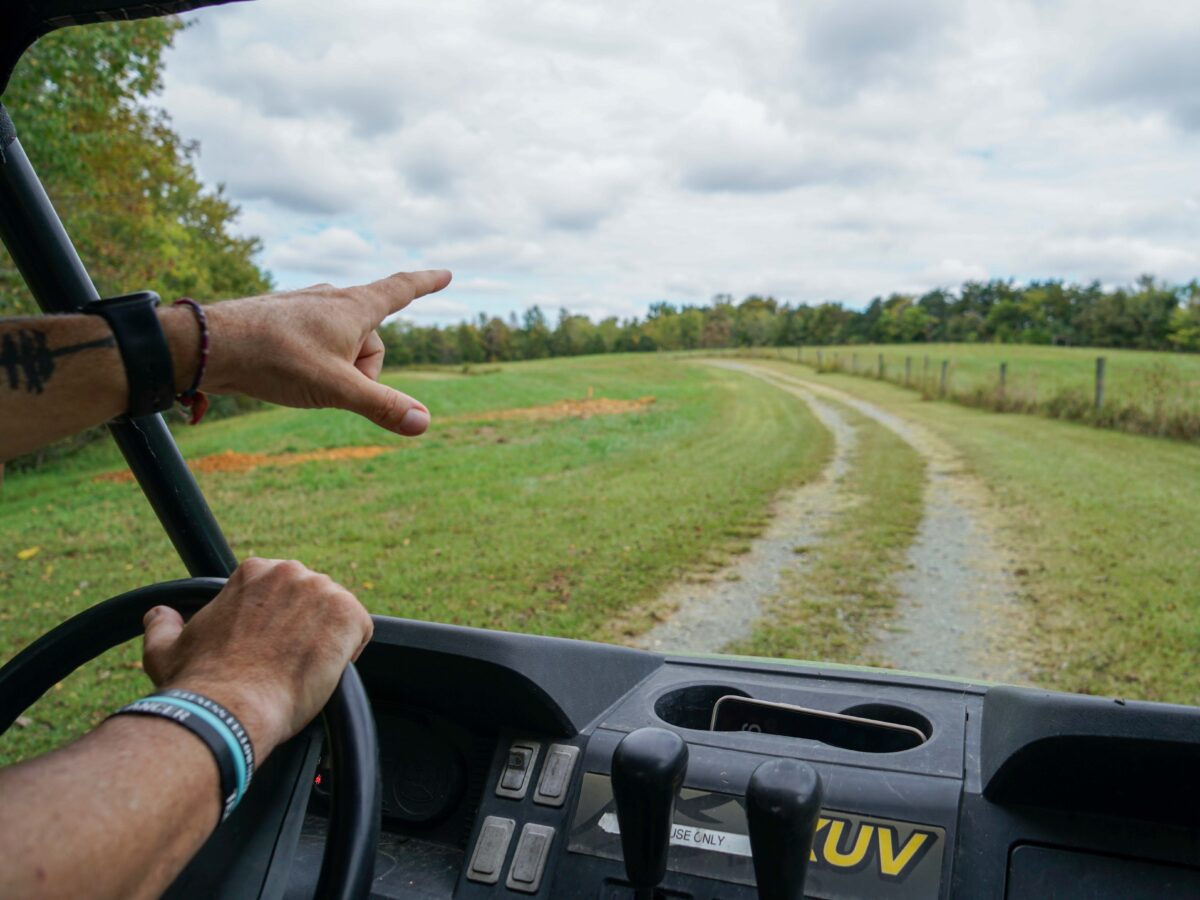
Wind and rain were barely noticeable at Peacehaven Farm’s harvest celebration and community center groundbreaking event on Oct. 19. There was too much excitement in the air to pay the weather any mind as families gathered to commemorate a milestone of the organization’s historic expansion.
Peacehaven brings people of all abilities together and provides services for adults with intellectual and/or developmental disabilities (IDD). In the next few years, Peacehaven’s 89 acres of farmland will undergo a physical transformation with the addition of a multipurpose community center, residential housing, and more, thanks to a successful multimillion dollar fundraising campaign.
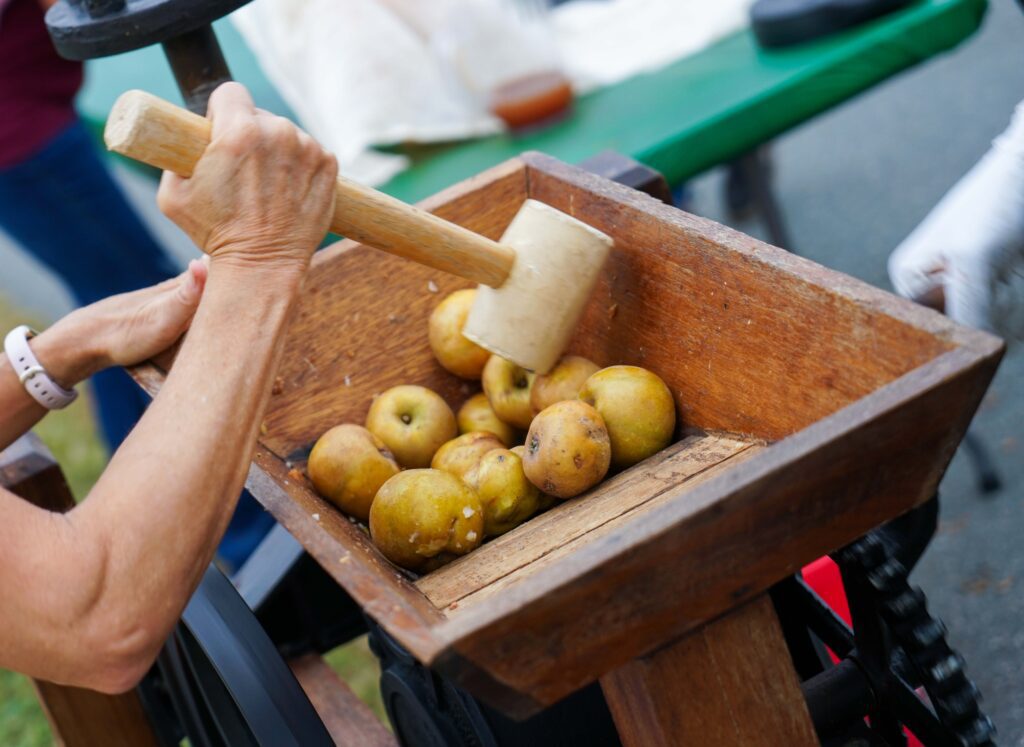
Strong roots
Peacehaven was founded in 2007 by Buck and Cathy Cochran and Tim and Susan Elliot. Both families were raising children with IDD at the time. They were aware of the reality that their children may face once they aged out of state and federal programs that help support their needs. Peacehaven was formed out of the founders’ vision for a community where their adult children would find a sense of belonging and have opportunities to thrive.
In North Carolina, the Centers for Disease Control and Prevention (CDC) estimates that approximately 32% of people over the age of 18 are living with a disability — approximately 2.7 million of our fellow North Carolinians. Nearly 200,000 individuals with IDD live in North Carolina, according to a Duke report, although there are likely many more people not included “due to long waiting lists for diagnostic services, inequitable access to services, and differences in diagnostic labels and definitions used in research.”
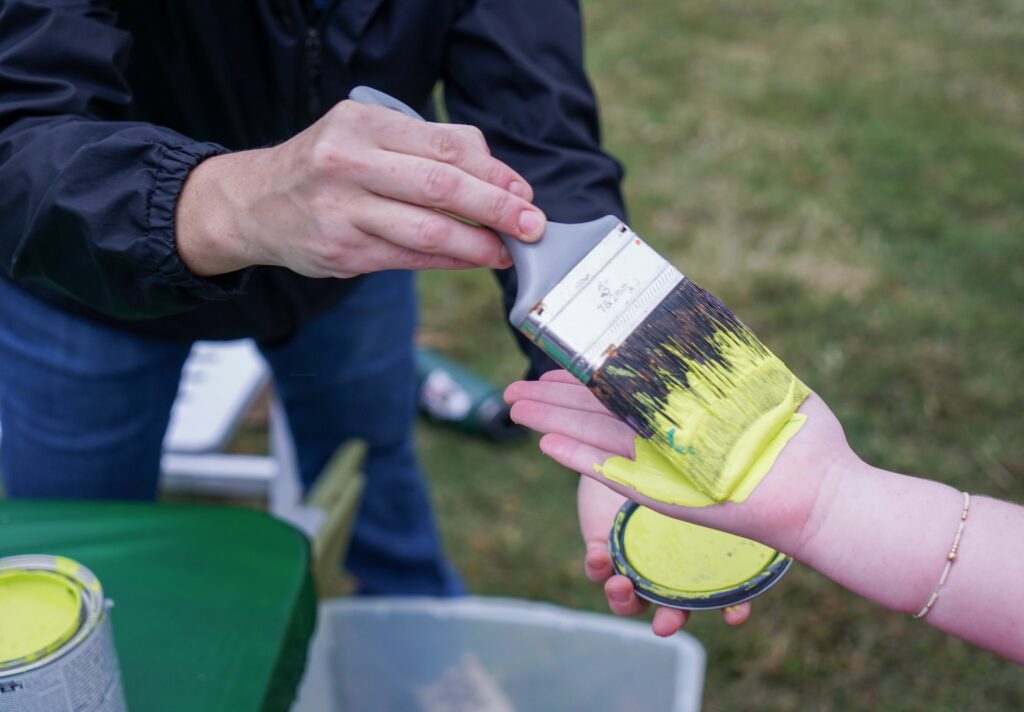
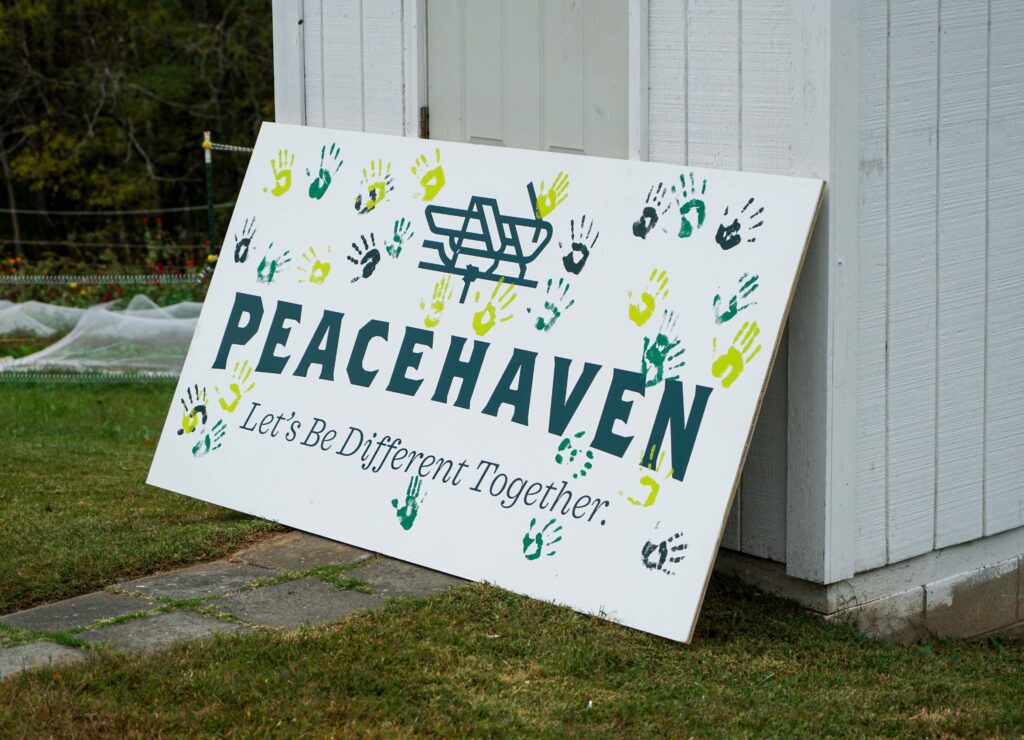
Isolation and unemployment are ongoing challenges for people with IDD and for their families, and mitigating these challenges are at the heart of Peacehaven’s mission. According to Peacehaven, approximately 70% of adults with IDD experience isolation and 80% are unemployed.
“The thing about Peacehaven that really got me jazzed when I met Buck (Cochran) that first time was that he said, ‘What we’re doing here is just as much about people without disabilities as people with disabilities.’ At first, I didn’t really understand that, but I clearly understand that now,” said Phelps Sprinkle, CEO of Peacehaven.
![]() Sign up for the EdWeekly, a Friday roundup of the most important education news of the week.
Sign up for the EdWeekly, a Friday roundup of the most important education news of the week.
Most people know Peacehaven through the lens of their current programming. They have a single home for adults with IDD on the farm called “Susan’s View,” which is named after co-founder Susan Elliot. Several adults with IDD live full time in the home and work on the farm or elsewhere in the community. Peacehaven says this allows them to have the resources, support, and community they need to thrive.
“I love it here. I think it’s a magical place… people with disabilities can come together and make connections, make friends,” said Jeff Piegari, a Peacehaven Farm resident, in an interview with FOX8 WGHP.

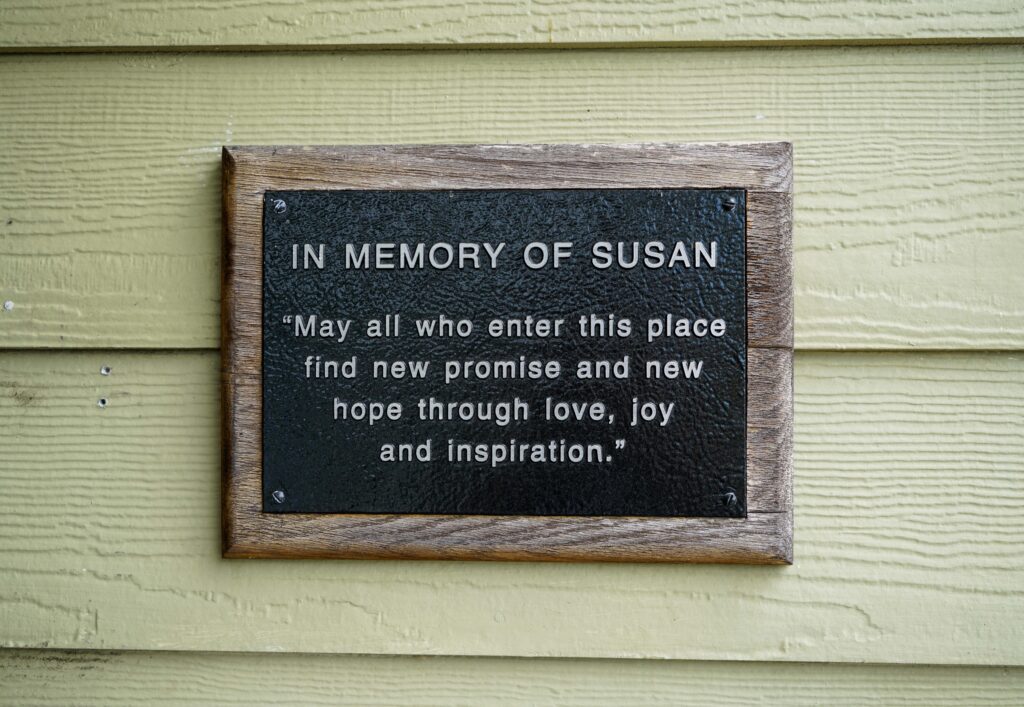
Peacehaven also offers a skills program called R.I.S.E and SH.I.N.E. R.I.S.E stands for “Reaching Interdependence, Skills, and Employment” and SH.I.N.E. stands for “Sharing In New Experiences.” It’s a 20-week, full-time program offering Supported Employment (SE) and Community Living and Supports (CLS) services to participants.
The R.I.S.E portion of the program is designed to strengthen work ethic by providing agricultural and service-related job experience. The SH.I.N.E. program is a CLS program that focuses on building relationships, social engagements, and exploring the community.
Through their programming and community building, Peacehaven has become an anchor institution for adults with IDD and their families in the Piedmont region and beyond. Over the years, thousands of supporters and volunteers have made Peacehaven what it is today — a community with people of all ages and abilities delivering programs and resources to grow both individually and collectively.
Addressing ‘the cliff’
Peacehaven is designed to serve adults with IDD due to their desire to address what many in the IDD community call “the cliff.” This refers to the drop-off in services and resources available to people with IDD and their families, especially once they age out of the public school system.
“Parents kind of see it coming, because you see the cliff right? It’s just a matter of time. But then you’re left asking, ‘What’s next?’ So you’re trying to figure out what that is, and there’s just not much there,” said Sprinkle. “That’s when the isolation really kicks in.”
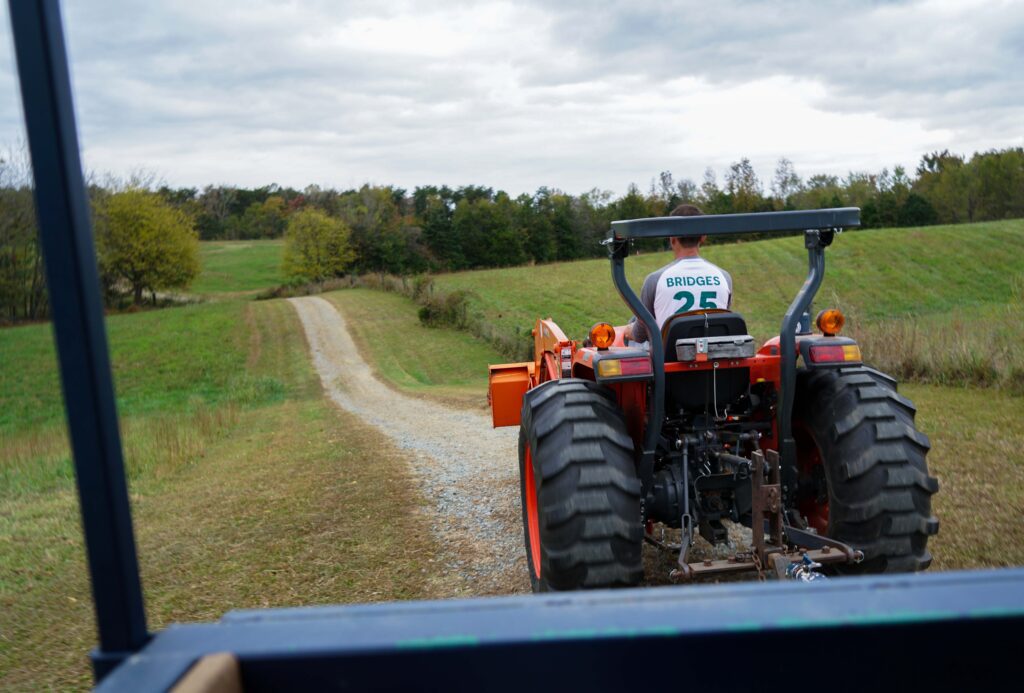
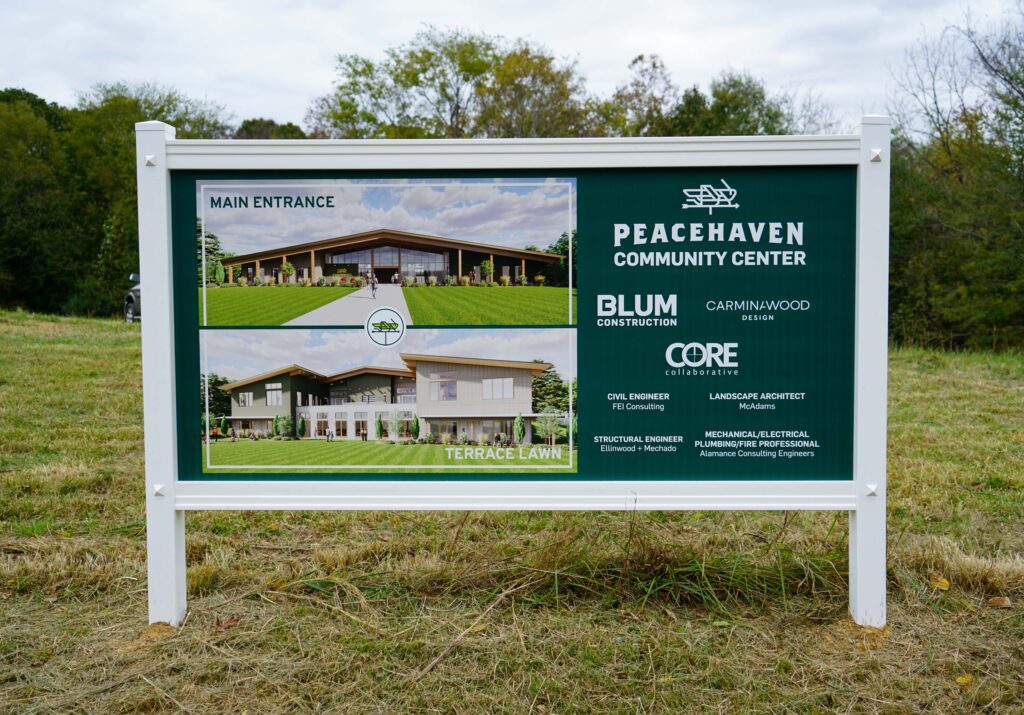
According to state law, students under the age of 21 are entitled to a free public education. Students with disabilities are able to remain in school to the end of the school year in which they turn 22. Guilford County Schools, the public school system that serves the district where Peacehaven is located, has services for exceptional children, which is how N.C. school districts refer to students with disabilities and other learning needs. This is a public service that provides special education and related services, like speech, occupational, and physical therapy, at no cost to families for identified and eligible students.
Until they age out, families with IDD are able to use these public services to support their child. After their child ages out, however, it is up to the family to piece together services, which can often be scarce for their adult child.
“Most, if not all, families are just seeking a sense of belonging and community and knowing that they’re not isolated, so they can know that their grown children are loved on and they can get a little bit of a breather and respite,” said Cory Phillips, Peacehaven’s director of advancement.
While the original founders aren’t a part of day-to-day operations anymore, their vision is being carried on by one of their early supporters. Carrying the proverbial torch is Sprinkle, who has been involved with the organization in some capacity since 2013. Sprinkle has a daughter with IDD, who was the catalyst for his passion for this type of service.
“There’s so much to learn and grow from each other if you put people around people who are different from you, period,” Sprinkle said. “So that idea of serving people with disabilities as a way of bringing people together has been really powerful, not just for my family, but for so many families.”
The strategy
The expansion will be broken down into three phases: building on their strengths and increasing their ability to connect with more people of all abilities, increasing full-time residency and staffing, and fully developing their site’s capacity.
The community center they are building will be a multipurpose space and will span 20,000 square feet. It will have a variety of offerings including: sensory-informed spaces, arts and educational classrooms, a cafe, an adaptive fitness center, co-working space, an event center, a recording studio, a health care clinic, and more.
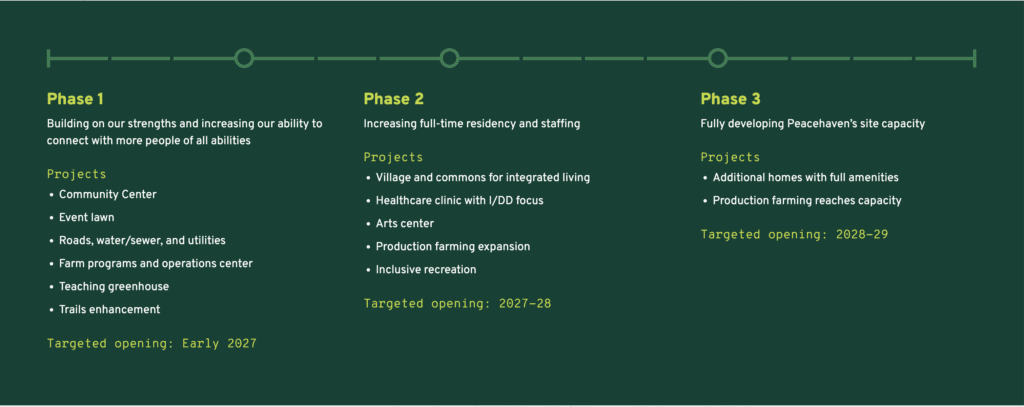
The residential housing options Peacehaven is building will be for both people with IDD and people of all abilities, with single and multifamily homes all a part of one greater neighborhood. This setup is deeply connected to the founders’ original vision of solving for isolation by bringing people together of all abilities to learn, live, and grow together.
“I love nature. I hate the idea of tearing up this field that we’ve been driving on and walking on for over a decade, but we’ve been talking about doing this for that long. The community center was not my idea. It wasn’t a new idea. Housing wasn’t a new idea. It was all there,” said Sprinkle.
The team behind the expansion has already faced many challenges on their expansion project journey. Being somewhat pioneers in the state for the housing portion of their project means that they haven’t had many examples to learn from.
“The hardest part, I think, is when you’re out that far ahead and you’re looking for examples, they’re few and far between,” said Phillips.
In addition, their geographic location of being in Guilford County but closer in distance to Burlington in Alamance County created some logistical challenges for getting the utilities needed for the project. Lake Mackintosh is also right next to the property, which is Alamance County’s primary water source.
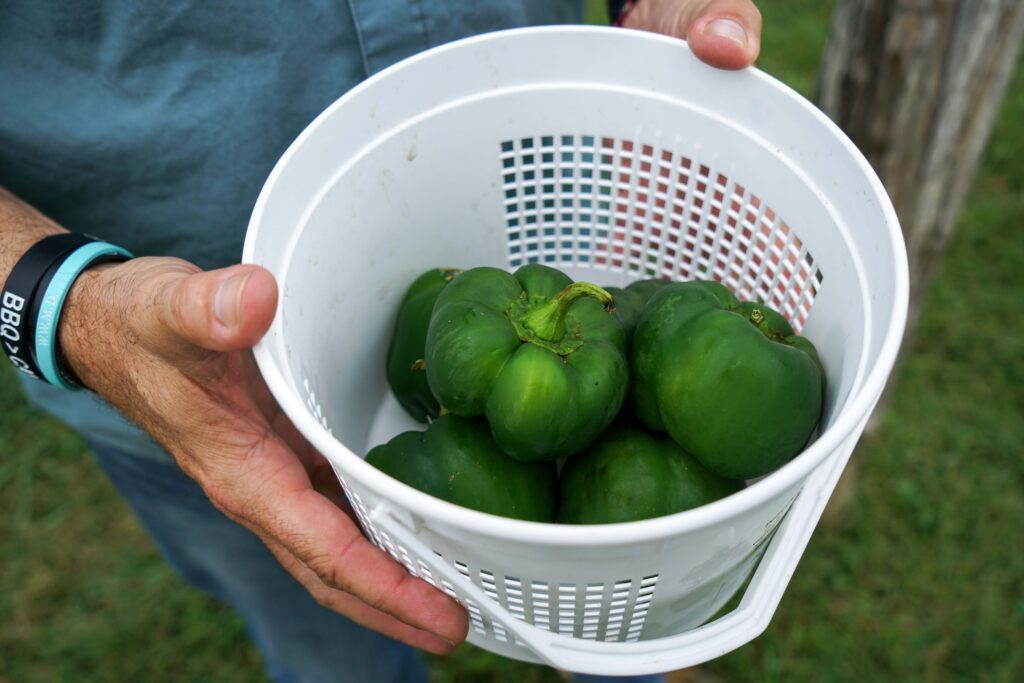
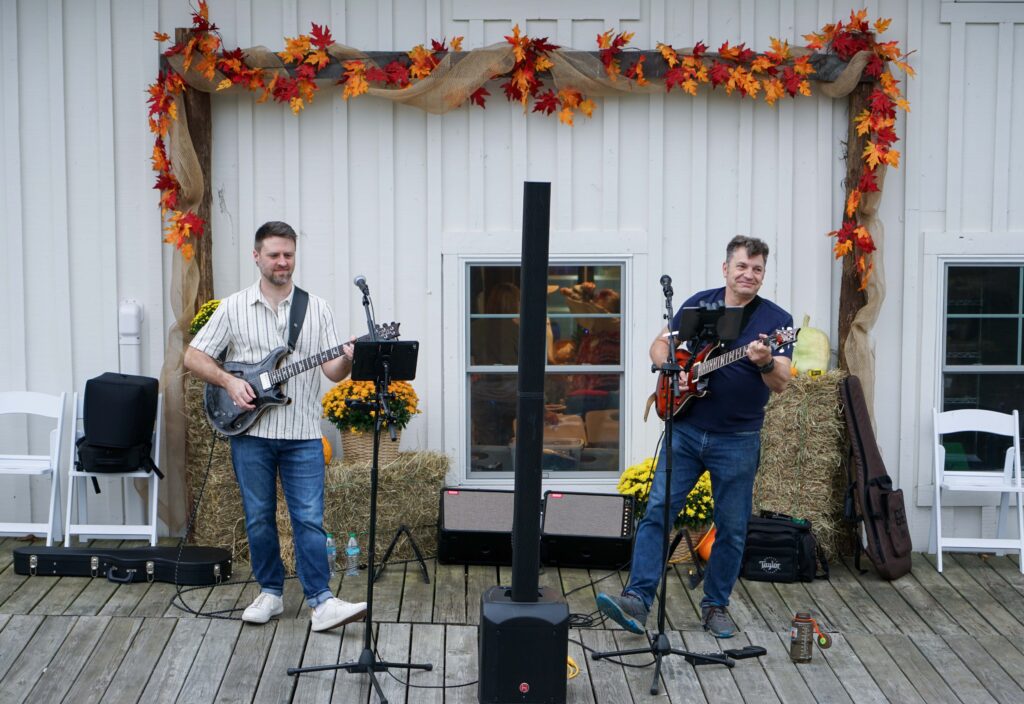
The cost to run water and sewer to the property was estimated to be well over $1 million. Peacehaven’s leadership worked with the local governments of both cities and at the state level to acquire the necessary permissions and funding.
The City of Greensboro was allocated $1,477,500 for the “Peacehaven Infrastructure Project” by the State Reserve Program for the 2022-23 fiscal year.
Peacehaven is in Sen. President Pro Tempore Phil Berger’s, R-Guilford, district. Peacehaven leaders shared that earning his support was critical in order to successfully acquire the funds needed for the utilities portion of their expansion project. Berger spoke in support of Peacehaven’s mission at the groundbreaking ceremony.
As Peacehaven moves into its next phase of the expansion project, they are bringing a lot of excitement and purpose with them. It is only the beginning of this next transformative chapter.
“Peacehaven Community Farm is called that for a reason, right? When people ask me why we’re doing this, I say, ‘We’re solving for isolation. That’s the problem. We’re solving for isolation,'” Sprinkle said. “I don’t say, ‘We’re solving for isolation for people with disabilities.’ That is true. But, I actually say, ‘We’re solving for isolation period.'”
You can learn more about Peacehaven by visiting their website.
Recommended reading

